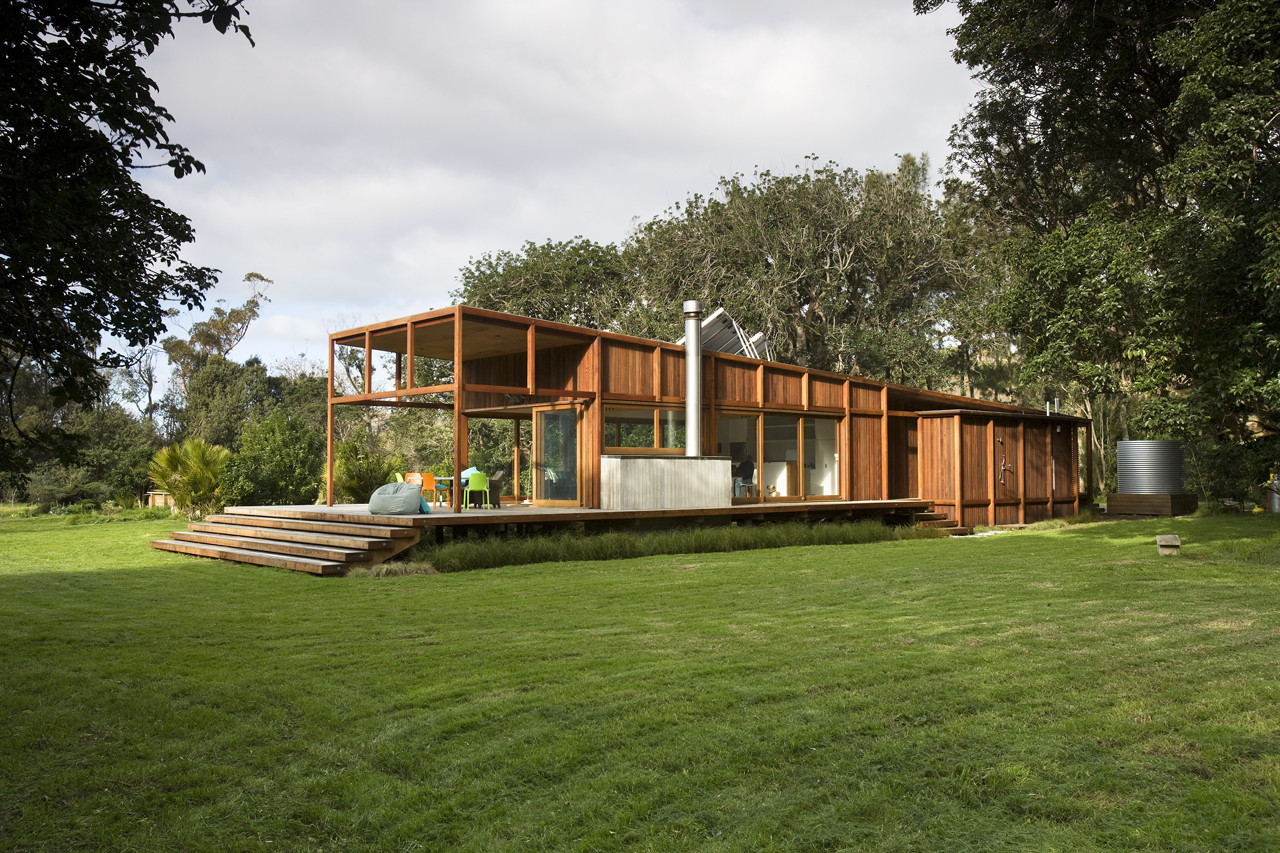The concept of eco-friendly accommodations is not new, but it has gained considerable momentum in the past decade. As the global community becomes more aware of the pressing need to protect our planet, the demand for sustainable stays has risen. Eco-friendly accommodations are designed to reduce their environmental footprint through various practices, including energy efficiency, waste reduction, water conservation, and the use of sustainable materials.
Importance of Eco-Friendly Accommodations
Traditional accommodations, such as hotels and resorts, often have a significant environmental impact. They consume large amounts of energy and water, produce substantial waste, and contribute to pollution. Eco-friendly accommodations aim to mitigate these effects by implementing sustainable practices.

Supporting Local Communities
Sustainable stays often emphasize supporting local communities. This can include sourcing food and materials locally, employing local staff, and engaging in community development projects. By choosing eco-friendly accommodations, travelers can contribute to the economic well-being of the communities they visit.
Enhancing the Travel Experience
Eco-friendly accommodations offer a unique and enriching travel experience. These stays often incorporate elements of the natural environment, provide educational opportunities about sustainability, and encourage guests to connect with nature. This can lead to a more fulfilling and memorable trip.
Eco-Friendly Accommodations
One of the primary goals of eco-friendly accommodations is to reduce energy consumption. This can be achieved through various means, such as using energy-efficient appliances, installing solar panels, and utilizing smart lighting systems. Additionally, many sustainable stays are designed to maximize natural light and ventilation, reducing the need for artificial lighting and air conditioning.
Water Conservation
Water conservation is another critical aspect of eco-friendly accommodations. These stays often implement measures such as low-flow faucets and showerheads, rainwater harvesting systems, and water-efficient landscaping. Some properties also treat and recycle greywater for non-potable uses, further reducing their water footprint.
Waste Reduction
Reducing waste is a fundamental principle of sustainable stays. Eco-friendly accommodations often have robust recycling and composting programs, use biodegradable or recyclable products, and minimize single-use plastics. Additionally, many properties encourage guests to participate in waste reduction efforts, such as by providing reusable water bottles and shopping bags.
Sustainable Materials
The use of sustainable materials is a hallmark of eco-friendly accommodations. This can include building with locally sourced, renewable, or recycled materials, as well as furnishing spaces with eco-friendly products. Sustainable stays may also feature organic linens, non-toxic cleaning products, and natural toiletries.

Eco-Friendly Transportation
Many sustainable accommodations promote eco-friendly transportation options. This can include providing bicycles for guest use, offering shuttle services in electric or hybrid vehicles, and encouraging the use of public transportation. Some properties are also located in areas that are easily accessible by foot or bike, reducing the need for car travel.
Examples of Eco-Friendly Accommodations
Eco-lodges are one of the most popular types of sustainable stays. These accommodations are typically located in natural settings, such as forests, mountains, or near bodies of water. Eco-lodges prioritize environmental conservation and often engage in activities such as wildlife preservation and habitat restoration.
Green Hotels
Green hotels are traditional hotels that have adopted sustainable practices. These properties may have certifications from organizations such as LEED (Leadership in Energy and Environmental Design) or Green Key. Green hotels often implement energy and water-saving measures, reduce waste, and support local communities.
Sustainable Resorts
Sustainable resorts offer a luxurious yet eco-friendly travel experience. These properties often feature extensive sustainability initiatives, such as organic gardens, renewable energy systems, and conservation programs. Sustainable resorts aim to provide a high level of comfort and amenities while minimizing their environmental impact.

Glamping Sites
Glamping, or glamorous camping, combines the experience of camping with the comforts of a hotel. Glamping sites often use eco-friendly tents or cabins, incorporate sustainable materials, and offer amenities such as composting toilets and solar-powered showers. This type of accommodation allows travelers to immerse themselves in nature while maintaining a low environmental footprint.
Conclusion
Eco-friendly accommodations offer a responsible and enriching travel experience for the conscious traveler. By choosing sustainable stays, travelers can reduce their environmental impact, support local communities, and enjoy unique and memorable trips. As the demand for eco-friendly accommodations continues to rise, the hospitality industry is poised to play a crucial role in promoting sustainability and protecting our planet for future generations.




